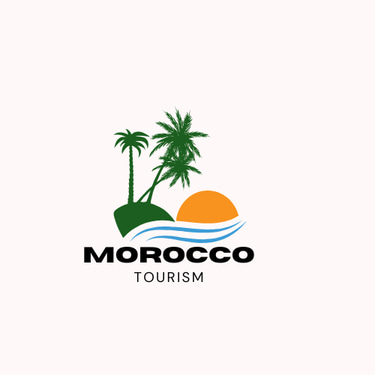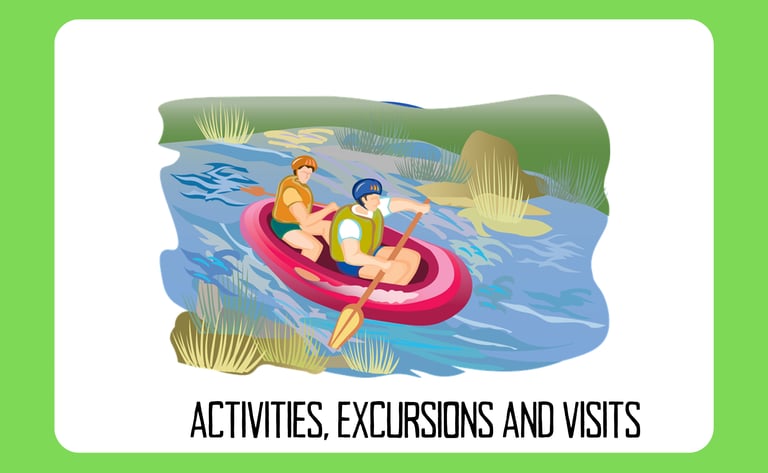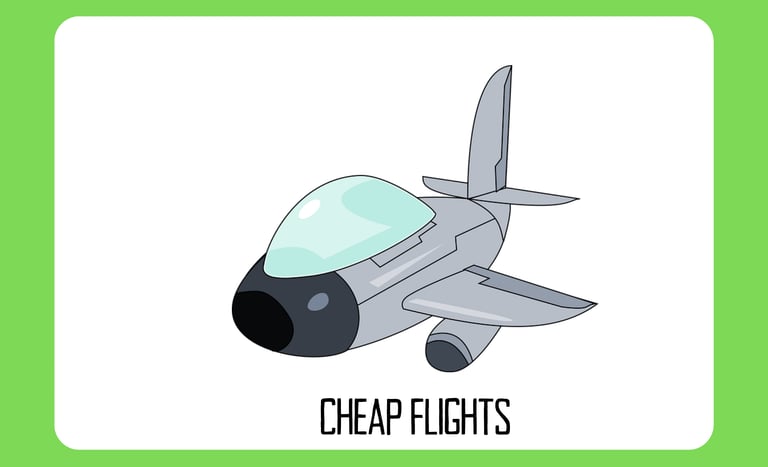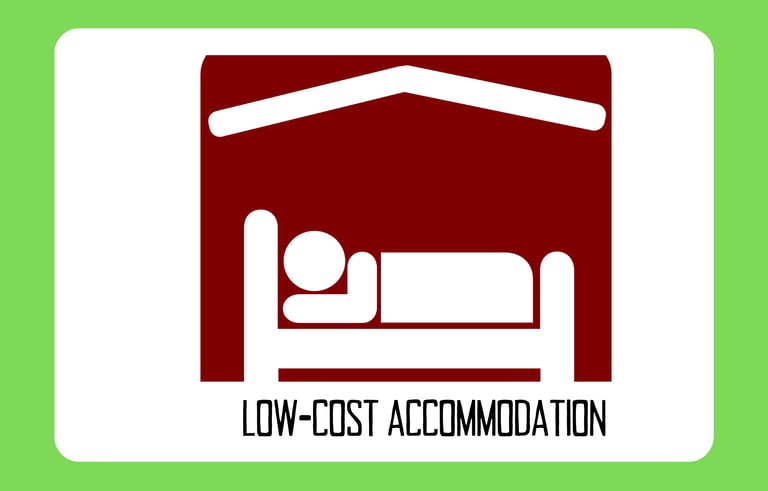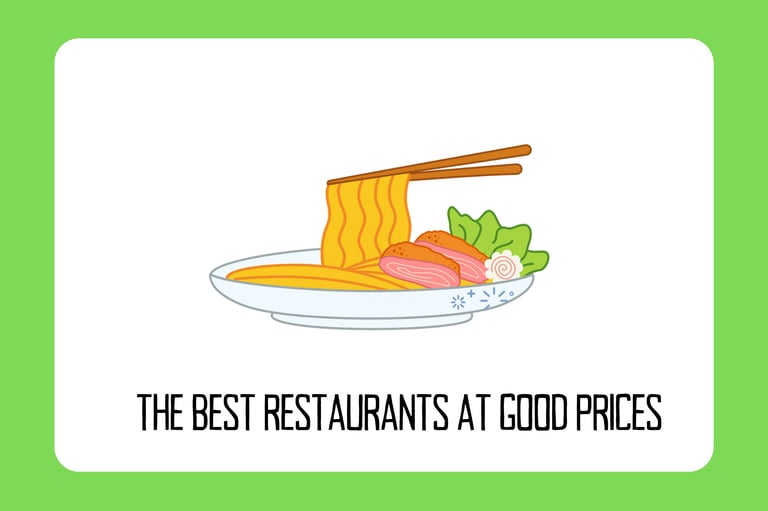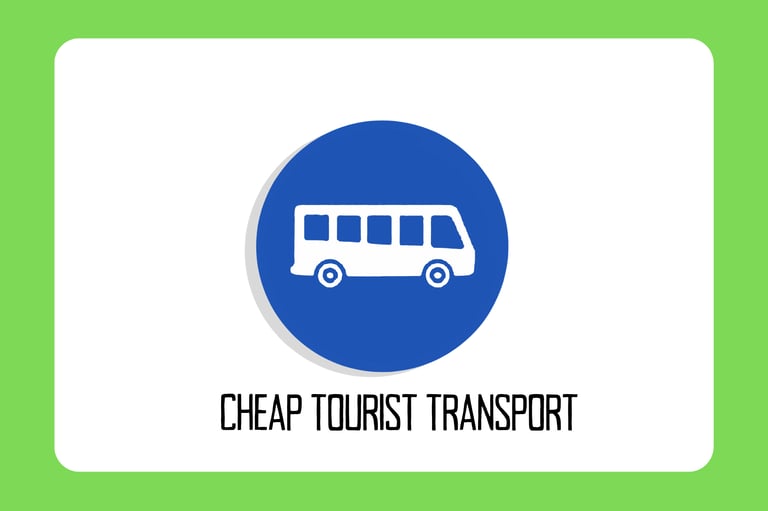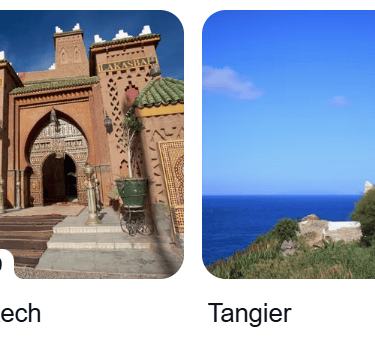Morocco, LAND OF WONDERS
Top 10 Reasons to Live in Morocco
Discover the top 10 compelling reasons to live in Morocco, including affordable living, vibrant culture, stunning landscapes, and a warm climate. Explore why making the move to Morocco could be the best decision of your life!
moroccotourism
3/26/20259 min read
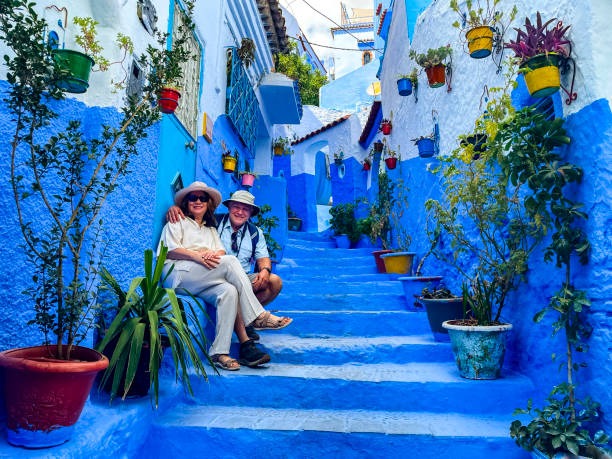

A mild climate all year round
Morocco is distinguished by its diverse and mild climate, making it a popular destination year-round. Due to its geographical location, the country boasts varied climatic zones ranging from the Atlantic coast to the High Atlas Mountains, each with its own unique characteristics. The coastal regions enjoy a Mediterranean climate with mild winters and summers tempered by sea breezes, providing a pleasant setting for outdoor activities.
Inland, particularly in desert areas, temperatures can be higher in summer, often reaching impressive peaks. However, nights are generally cool, tempering the daytime heat. The altitude of mountainous regions such as the High Atlas also ensures a pleasant climate, with cool temperatures and periods of snow in winter, attracting winter sports enthusiasts. This climatic diversity allows residents to enjoy a range of activities, from mountain hikes to swimming on beaches to peaceful stays in oases.
Morocco's mild climate not only contributes to the quality of life of its residents, but also plays a crucial role in local agriculture, fostering the growth of diverse products such as citrus fruits, olives, and vegetables. Thus, the mild winters and moderate summer heat ensure abundant agricultural production that supports the economy and enriches Moroccan tables. In short, living in Morocco offers a pleasant atmosphere, enriched by a splendid natural environment and a diversity of landscapes to explore throughout the year.
A rich culture and history
Morocco is a country where cultural and historical diversity is particularly vibrant. Influenced by ancient and diverse civilizations, the country features a unique fusion of Berber, Arab, and Mediterranean elements. These influences are reflected not only in the architecture of its cities, but also in the customs, gastronomy, and traditions that enliven daily life.
Moroccan architecture is arguably one of the most visible aspects of this cultural wealth. Majestic mosques, labyrinthine medinas, and ornate palaces are testament to craftsmanship passed down from generation to generation. Cities like Marrakech, Fez, and Essaouira preserve historic buildings that evoke the epic tales of past dynasties, from the Almoravids to the Saadians. Artisanal traditions such as pottery, weaving, and marquetry are also preserved, offering a glimpse into Morocco's living heritage.
Moroccan gastronomy is another reflection of this cultural mosaic. Signature dishes, such as tagine and couscous, illustrate the harmony of local spices and ingredients while incorporating influences from surrounding cultures. Moroccan cuisine is often showcased at festivals that celebrate regional flavors, hospitality, and customs. These events are ideal opportunities to experience traditional music, dance, and arts, which are central to community life.
Festivals, including the Fez Festival of Sacred Music and the Marrakech International Film Festival, enliven the cultural calendar each year and attract visitors from around the world. These events provide an opportunity to experience living traditions and foster exchanges between different cultures, giving Morocco a unique position at the crossroads of civilizations. In short, Morocco's rich cultural and historical heritage is worth exploring, offering its inhabitants a rich identity and a deep connection to their past.
Affordable cost of living
Morocco boasts a generally lower cost of living than many European countries, making it an attractive destination for expats and those looking to stretch their budgets. Housing, food, and transportation are often considered very affordable in this country. Housing options can be found in major cities like Casablanca and Marrakech, as well as in picturesque villages, to suit a variety of budgets. Rents during an expatriate or relocation period can be significantly lower than those in Europe, allowing residents to enjoy a pleasant lifestyle without breaking the bank.
When it comes to food, Morocco offers a variety of markets where you can purchase fresh ingredients at very competitive prices. Moroccan cuisine, rich in flavors, is found not only in local restaurants, which are often affordable, but also thanks to the many dishes that can be prepared at home. This ability to cook without spending a fortune is a considerable asset for those looking to live well while respecting their budget.
Transportation in Morocco is another area where costs remain very affordable. Whether by bus, taxi, or public transit, getting around the country doesn't require a major investment. The moderate prices of various transportation options, combined with the ability to travel between cities at low cost, also contribute to a reasonable cost of living. Thus, living in Morocco allows you to combine comfort and economy, offering a satisfactory quality of life while maintaining controlled expenses.
A tasty and varied gastronomy
Moroccan cuisine is widely recognized for its richness, diversity, and captivating flavors, making it a central part of the country's culture. Moroccan cuisine is distinguished by a multitude of iconic dishes, the most famous of which is undoubtedly couscous. This semolina dish, usually accompanied by vegetables and meat, is often prepared for special occasions and brings families together around the table. Couscous is appreciated not only for its taste, but also for the collective effort involved in its preparation.
Another essential dish of Moroccan cuisine is the tagine, which takes its name from the earthenware dish in which it is cooked. Tagines can contain a varied combination of ingredients, ranging from lamb and chicken to vegetables and dried fruits, all slowly simmered with a blend of spices. This cooking method gives the dishes an intense and unique flavor, reflecting the harmony between spices and local produce.
Moroccan pastries, often prepared for celebrations or festive occasions, add a sweet touch to this already rich cuisine. Sweets such as gazelle horns or ghribas demonstrate the importance of almonds and honey in Moroccan cuisine, as well as the role of hospitality, where offering treats is an integral part of the tradition. Spices, such as turmeric, cumin, and cinnamon, also play a vital role in enhancing the flavors of dishes, making each meal a true sensory experience. In short, living in Morocco means immersing yourself in a world where gastronomy is not only a pleasure, but also a deeply rooted cultural tradition
Breathtaking landscapes
Morocco is renowned for its breathtaking natural beauty, offering a diversity of landscapes that amaze visitors. From the fine sandy beaches bordering the Mediterranean Sea and the Atlantic Ocean to the majestic Atlas Mountains, each region of the country presents a unique panorama. Moroccan beaches, such as those in Agadir and Essaouira, attract sun and water sports enthusiasts, offering a multitude of activities such as surfing, windsurfing, and swimming.
The Atlas Mountains, meanwhile, are a true paradise for hikers and nature lovers. With their towering peaks and lush green valleys, they offer hiking trails that allow you to explore unique flora and fauna. This majestic massif is also home to numerous Berber communities, where visitors can immerse themselves in authentic culture while admiring breathtaking landscapes.
The Sahara, the world's largest hot desert, is another wonder Morocco has to offer. Its golden dunes, some reaching up to 250 meters in height, create a breathtaking spectacle, particularly at sunrise and sunset. Camel treks through the desert or overnight stays in oases under a starry sky offer unforgettable experiences. Whether hiking in the dunes or exploring the Saharan dunes, Morocco is a must-see destination for outdoor enthusiasts.
Moreover, the possibilities for exploration aren't limited to these iconic landscapes. Hidden oases and spectacular gorges, such as those of Todra, add to the wealth of places to discover. Each of these landscapes is a testament to Morocco's geographical diversity and natural treasures, helping to make the country a popular destination for memorable outdoor experiences.
Moroccan hospitality
Moroccan hospitality is widely recognized and celebrated, occupying a central place in the country's culture. This warmth is manifested in various ways in the daily lives of Moroccans. Whether in households, at community events, or in commercial establishments, the tradition of welcoming guests with openness and generosity endures. This practice is not limited to formal occasions; it also extends to informal interactions between neighbors and strangers.
When you're a guest in a Moroccan home, it's common to be offered mint tea, an iconic drink that symbolizes hospitality and is a convivial ritual. This moment of sharing isn't just about the drink, but also an opportunity to bond. In many cultures, gatherings with friends or neighbors are often accompanied by lively discussions, laughter, and the sharing of stories, reflecting a communal approach to life.
Moroccans are also known for their willingness to help foreigners. No matter where they come from, visitors are generally welcomed warmly and often encouraged to mingle with locals. These exchanges can provide memorable experiences; for example, meeting an artisan in a souk or partaking in a traditional meal prepared by a family. These interactions enrich intercultural understanding and strengthen the sense of community.
In short, Moroccan hospitality is not just a cultural characteristic, but a true way of life. It encourages connection between individuals, fosters a harmonious environment, and makes Morocco a country where everyone can feel at home. The warmth and openness demonstrated by Moroccans are wonderful aspects of their way of life.
An opportunity for investment and professional growth
Morocco is positioning itself as an attractive destination for investors and professionals seeking to thrive in a dynamic environment. Significant growth in sectors such as tourism, agriculture, and technology offers numerous career opportunities. The country is the world's leading producer of argan oil and boasts a favorable climate for growing fruits and vegetables, which boosts agriculture. Furthermore, the development of infrastructure in both rural and urban areas is increasing market accessibility for agricultural businesses.
Morocco's tourism sector also continues to flourish, attracting millions of visitors each year. This creates a range of employment and business opportunities in the hospitality, restaurant, and tourism-related services industries. Major cities such as Marrakech, Casablanca, and Fez are becoming hubs of innovation, where new businesses are emerging, driven by a young and entrepreneurial population. Local governments are encouraging the growth of startups through tax incentives and support programs.
When it comes to innovation, technology is a booming sector. Initiatives to digitize the Moroccan economy and encourage the adoption of new technologies are fostering opportunities in artificial intelligence, software development, and e-commerce. Technology hubs, such as the Casablanca Technopole, attract talent and investors, creating a vibrant ecosystem conducive to the emergence of new ideas and solutions.
In short, Morocco presents itself as fertile ground for investment opportunities and professional growth. Whether through tourism, agriculture, or technology, the outlook is promising, giving investors and professionals multiple reasons to consider this country as a place of the future.
Frequently Asked Questions about Living in Morocco
Life in Morocco can raise many questions for future expats. Here are some of the most common concerns and their answers to help ease the transition to this rich and diverse culture.
The Moroccan education system is largely identical to that of European countries, particularly France. It is characterized by a mix of public and private education, as well as a mix of French- and Arabic-language teaching. The country has a variety of schools, both public and private. International schools are also available, offering programs in English or French. Parents should evaluate their options based on their children's needs and future plans, particularly higher education.
A quality healthcare system is essential to the well-being of expatriates. Morocco has a growing medical infrastructure, with both public and private hospitals. For optimal coverage, it is advisable to purchase health insurance that includes medical consultations and emergency medical care.
Overall, Moroccans are tolerant and extremely hospitable. They are considered very welcoming and generous people with a modern approach linked to tradition. Successful integration into Moroccan society, however, requires a willingness to learn the language and adapt to the local culture. French is widely spoken in almost all regions, as is Spanish in the northern and southern regions. Understanding Arabic can also be an asset. Engaging in community activities and cultural events can greatly facilitate this adaptation and create enriching connections with the local population.
Leave a comment :
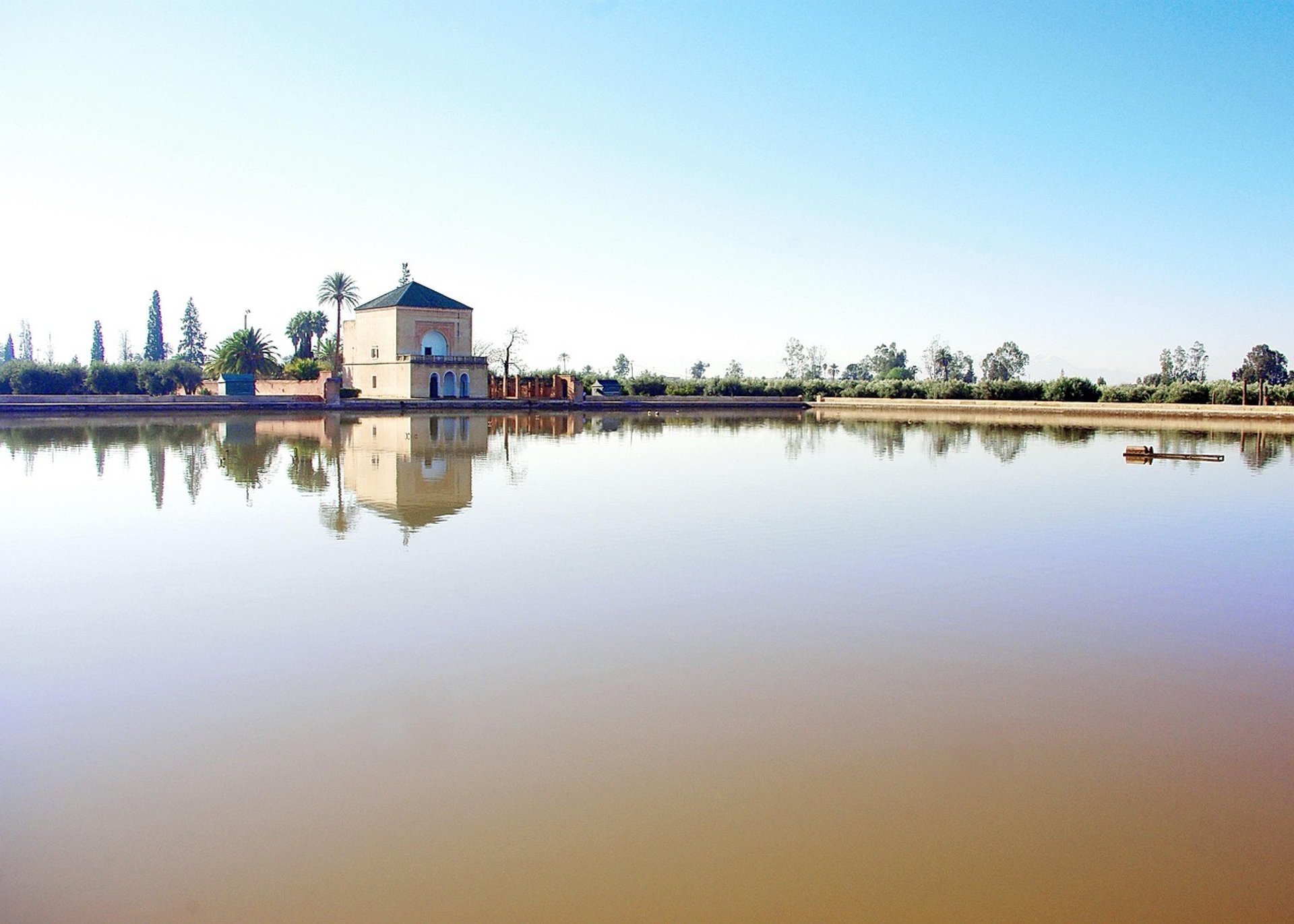
Cheap Flights to Morocco
Want to travel on a budget?
Every Thursday at 9 p.m., we also offer a selection of fixed-price flights to Morocco. First come, first served: don't wait to book your tickets!
Also take advantage of our weekly discounted flight offers.
Plan your trip with our partners in Morocco and benefit from the best rates
Transportation
Accomodation & Stays
On - site Services
About us
Legal notices
Privacy Policy
Terms and Conditions of Sale
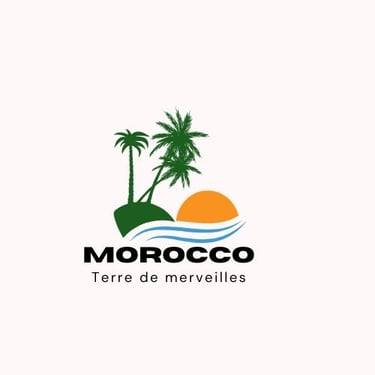

Follow us on :
Complete travel guides
© 2025 Visit and Explore Morocco
